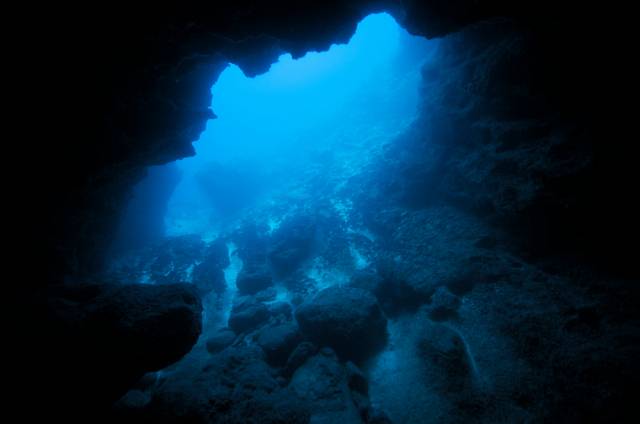American researchers have identified how caterpillars prevent tomatoes from calling for help. As it turned out, caterpillars of the genus Helicoverpa feed on tomatoes and their leaves and leave enzyme-rich saliva on them, preventing the fruit from calling for help.
When damaged or attacked by parasites, plants release chemical distress signals. Other flora can react to these signals to protect themselves. Sometimes such signals attract other insects. Tomatoes, for example, use their secretions to lure wasps that feed on caterpillars and lay eggs in them (which also guarantees the caterpillars’ death).





